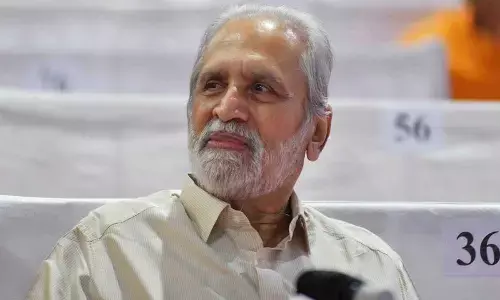Emotional balance: Yoga for mental health and well-being

Emotional balance is essential for overall mental health and well-being. Yoga offers a holistic approach to achieving emotional balance by combining physical postures, breathing techniques, and mindfulness practices. In today’s fast-paced world, many people struggle with stress, anxiety, depression, and other mental health issues. Yoga provides a safe and effective way to manage these challenges and cultivate inner peace and stability
Emotional balance is essential for overall mental health and well-being. Yoga offers a holistic approach to achieving emotional balance by combining physical postures, breathing techniques, and mindfulness practices. In today’s fast-paced world, many people struggle with stress, anxiety, depression, and other mental health issues. Yoga provides a safe and effective way to manage these challenges and cultivate inner peace and stability.
Pranayama and its impact on your emotional regulation
One of the key components of emotional balance in yoga is awareness of the breath. Deep breathing exercises, known as pranayama, help to calm the mind and regulate the nervous system. By focusing on the breath, practitioners can bring their attention into the present moment, reducing feelings of anxiety and overwhelm. Simple techniques like diaphragmatic breathing, also known as belly breathing, can be practiced anywhere and anytime to promote relaxation and emotional stability.
Physical postures/ asanas
In addition to breath awareness, yoga postures, or asanas, play a crucial role in promoting emotional well-being. Certain poses are specifically designed to release tension from the body and calm the mind. For example, child’s pose (Balasana) gently stretches the back and hips while promoting a sense of surrender and introspection. Forward folds, such as Uttanasana (Standing Forward Bend), help to quiet the mind and alleviate stress by encouraging a gentle release of tension from the spine and hamstrings.
Balancing poses, such as Tree Pose (Vrikshasana), require focus and concentration, which can help to quiet the chatter of the mind and promote a sense of stability and groundedness. These poses not only strengthen the body but also cultivate mental resilience and inner strength. Similarly, backbends like Cobra Pose (Bhujangasana) open the heart center and counteract feelings of sadness or depression by promoting a sense of expansiveness and vitality.
Cultivation of mindfulness
In addition to physical postures, yoga incorporates mindfulness practices to cultivate emotional balance. Mindfulness involves paying attention to the present moment without judgment, which can help to break free from negative thought patterns and habitual reactions. Meditation, guided imagery, and body scans are all tools used in yoga to enhance mindfulness and promote emotional resilience.
Affirmation and encouragement
This practice involves silently repeating phrases of goodwill and compassion for oneself and others. By cultivating feelings of kindness and compassion, practitioners can counteract feelings of anger, resentment, and self-criticism, promoting emotional well-being and interpersonal connection.
Self care
Yoga also emphasizes the importance of self-care and self-compassion in maintaining emotional balance. Taking time for oneself, whether it’s through a regular yoga practice, spending time in nature, or engaging in creative activities, is essential for replenishing emotional reserves and preventing burnout. By prioritising self-care, individuals can build resilience to stress and better cope with life’s challenges.
In conclusion, yoga offers a comprehensive approach to emotional balance and mental well-being. By incorporating breath awareness, physical postures, mindfulness practices, and self-care techniques, individuals can cultivate inner peace, resilience, and emotional stability. Whether practiced alone or in a group setting, yoga provides a safe and effective way to manage stress, anxiety, depression, and other mental health issues, promoting overall health and well-being.
















